Because of the way my word processor works, I usually open it to write blog entries by opening a pre-existing document, that way I don't have to navigate around to the right folder to save the new document. Boring, but the salient point is that by habit, I've lately been doing this with a document called audacity. It's a blank document that I created to remind me to write an entry about it. This time, I opened it thinking I would save it out as an entry titled 'other things', but as soon as I opened it, my subconscious took a little meander, and then I decided I didn't want to write that other things entry, but instead wanted to write about how so often, people who obsess and/or are meticulous don't create good stuff, while people who are random and carefree so often do. (and further, that the meticulous ones are often bossing everybody around, to the detriment of all).
And then I realized, after some mental refinement, that the topic at hand was audacity. Weird how the brain works.
It wasn't part of my original intent to explore the issue of how planning and preparedness can interfere with creativity, so I'll get it out of the way right here: I think that there is a component of the population that thinks that it has to do things just so, and that things have to be done intentionally, methodically, whatever. And that's okay for them, but as I've said elsewhere and before, these people tend to inflict upon others. So they not only don't get the benefits of creative leaps, or audacity, but they tend to minimize the benefits of such in others, and so to the greater society. Too bad. We should spank them.
My original idea was to explore how the audacity can be used as a compelling attribute of a story. And I do think the idea of audacity as a compelling attribute applies beyond storytelling. But really it's all the same thing. Audacity is compelling.
So: a little diversion here: last fall, pretty much randomly (a friend posted it on facebook), I came across a link to a video for a gopro camera. I like cameras, so I clicked through and found the most compelling thing I've ever seen.
Here it is: go watch it:
I found this thing about a week before I started writing my last novel, and I felt inspired. The video/commercial is about five minutes long, and for some reason gripped me. I hadn't seen anything so compelling in a long time, and never anything so condensed. There's been a few movies that did it for me, like the first time I saw star wars, or books, like neuromancer. So I spent that week watching it over and over again, not systematically, but just because it was all I wanted to do. Eventually I felt like I should figure out what it was that was making it so good for me, and I started analyzing it. I think I watched it about forty times before I started breaking it down, and another dozen during. And maybe once a day while I was writing the novel. To get me started.
In terms of analysis, I charted out as many attributes as I could, on timelines (on notecards), tracking each attribute through the five minutes as a continuous line. It was a two part thing, one: figuring out what the attributes were, and the other mapping them over time. And then figuring out how they were interplayed with each other (okay, three). I have some musical training, and it began to strike me that I was looking at something that had been composed in that manner. I'm certain that the creative mind that put the commercial together was a composer. (as an aside (though it's not an aside at all, the song is key), the song the video is set to is fantastic in its own right, 'We can make the world stop' by the Glitch Mob. Sounds great in the car.)
So I ended up with a stack of notecards, and by aligning them, I could see how all the parts interacted.
...and what does this have to do with audacity? Nothing, it's just background. Except: in this process is how I became aware of audacity, because the video is full of it. Hits you over the head. It's one of the central themes, and one of the things that drives the compellingness.
I don't know if I still have the cards, but if I do, I'll post them here.
But the most important thing I gleaned from the process was that the reason the video works so well is that it hits with a new major item of compellingness with a rhythm. That rhythm changes in tempo, but generally the hits came around seven seconds apart, closer in rising excitement, and farther apart in relaxing sections. But not by much, in terms of slower. Somebody had in their head to not let the short term attention span drift, and I think by colloquial knowledge, that's something like seven seconds.
So that was something I concentrated on in that last novel, keeping the 'hits' coming. Never coasting for too long, and also having a rhythm to them.
Okay, so: audacity. That was new to me. It was a new spice to be cooking with. And like all spices, I figured it would be easy to overdo it. But I wanted to, and still do, want to figure it out. Figure how it works, and what it goes with. I'm sure I'm not even close yet. Still, I think it's a spice not many storytellers even know about. Even the ones who like it when they experience it. In a Chuck Palahniuk story, for example.
au·dac·i·ty
noun \ȯ-ˈda-sə-tē\
plural au·dac·i·ties
: the quality or state of being audacious: as
a : intrepid boldness
b : bold or arrogant disregard of normal restraints
(from Merriam Webster online)
So, yes, that video is full of audacious behavior. In storytelling, it's magic. Or, magic is all about audacity. Anyway: when you put audacity in a story, it creates a state of mind in the audience that is what they feel when enthralled by a magician. A good one, where they're confused, and conflicted against their own senses and prejudices.
My first encounter, and still a good example of this was Harry Harrison's 'The Stainless Steel Rat'. That book cold opens with (and I've not read it in thirty years, so don't hold me to details): a guy sitting in his office, deciding he needs to get out of the meeting with the cop in front of him, and dropping a safe on the cop. Then dropping through a trap door to escape. Cold open. Harrison did a lot of that kind of thing, and always paid off. Looking back, it may be the only thing that sustained his books, but it was enough. It's a great tool.
But you have to be careful, and skilled. Because if you lay down audacity, you have to pay off. You have to, one hundred percent. You have to make sure that everything works, at all levels. Because if you don't, then you're Lost. As in the TV show, that piled up audacity, 'Who shot JR?' style, for seven years. Before copping out that it was only a dream or whatever. (I don't know, I could see it coming and didn't bother watching). But that is really the problem. You'll be hated, and worse, you will have soured your audience for other stories. Very bad. In terms of storytelling, copping out of audacity is the cheapest, lowest, most vile con-manny thing you can do. So make sure.
And since you have to do it all correctly, with no shortcuts, and because it almost always requires you to think up something new, that the audience hasn't seen before, it's really hard. There's no formula. It's always going to be lots of hard work. And that's why I like it.
* * *
Back to the meander I mentioned at the top: some of my favorite things have been so wrong. Like the protagonist committing casual murder in the cold open of a space thriller, or the good guys killing off one of their own in the pilot of a cop show, or, well, Dexter. But now that I'm tuned in, I see it in a lot of things. In paintings, or in stories, or in life, laying down a challenge, to do something wrong, and make it work (because these days, the only things that haven't been done to the point of being conventional are things that are 'wrong').
The first musician to use minor key, or a third, or a fourth, or a seventh. Man, that must've been magical. The first impressionist. That guy flying through a cave.
Advice? I have no solid idea. My friend Ted Boone regularly says, as an inspiration to people who are writer's blocked, to throw your main character down the stairs. I think that's not a bad idea. You know: not exactly that, but challenge yourself. Do something you know is wrong, or at random, and then fit it in to your story. Maybe wish fulfillment? Put something down that you always wanted to do, but saw no practical way to do it, and then change everything around it to make it work (I think this is how Ian Flemming worked).
But nobody meticulous, methodical, regimented ever can do this. --Oh! I just thought of a best example: and it illustrates a key feature, that you have to be good before you can make it work. Not just good, but really good. (Well, or really lucky). Itzhak Perlman.
There are lots of virtuoso violinists, but the thing that sets Perlman apart is that he knows how to embrace randomness, variability, mistakes even, and keep on playing. He works these little variations and hiccups into his playing in a way that comes out elegant and perfect. And walking that tight-rope makes his playing so much better, and inspiring and magical. Nobody sounds like him. Nobody plays with that reckless abandon, with that audacity.
Thanks for reading,
Dave DeHetre






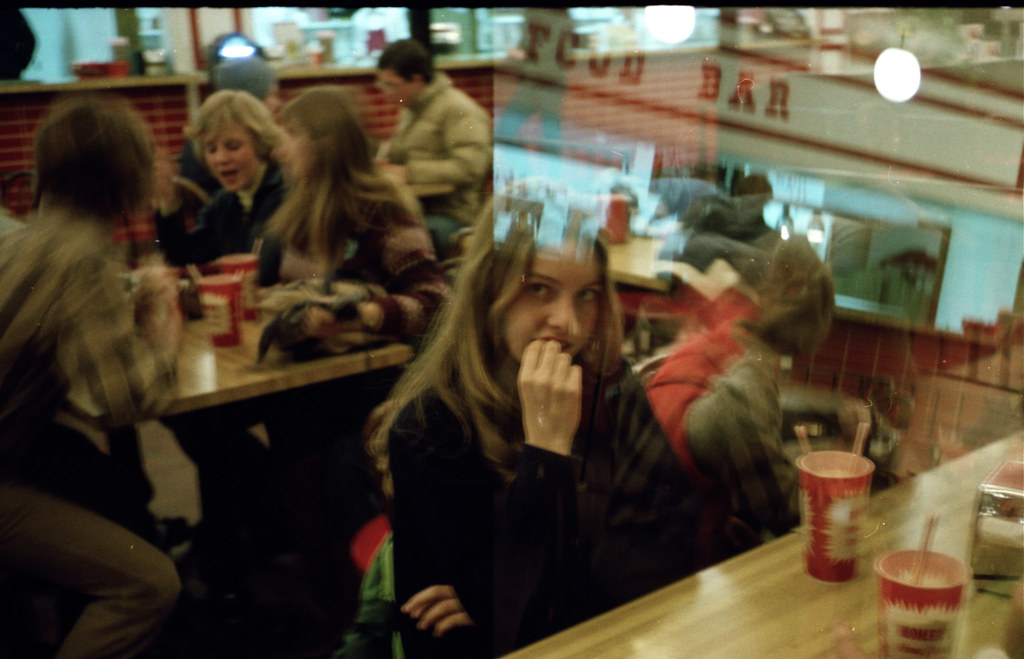
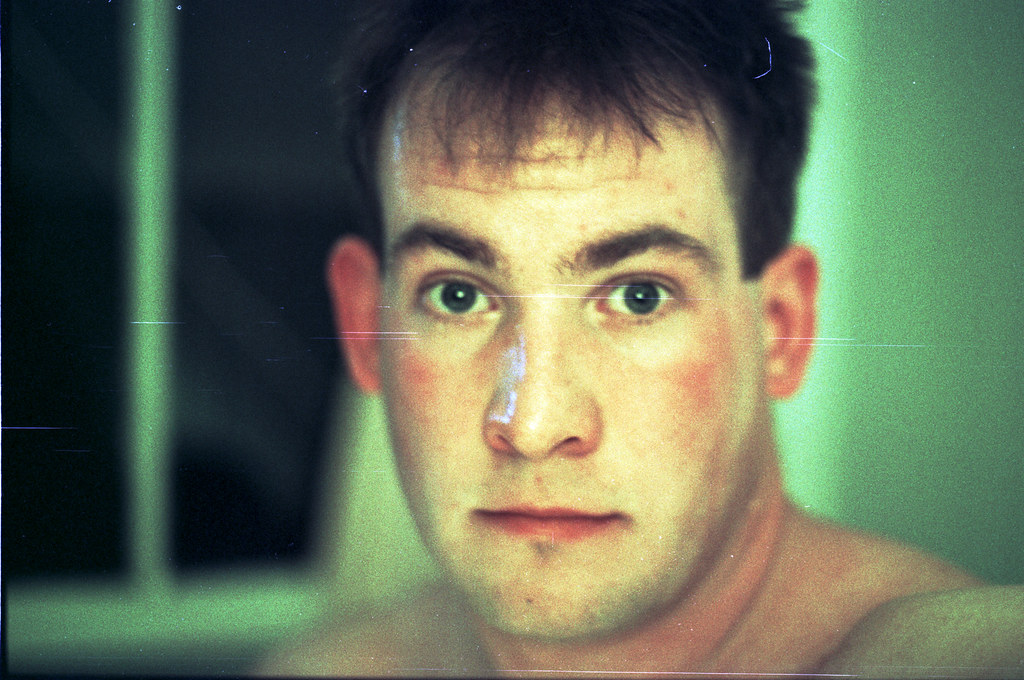
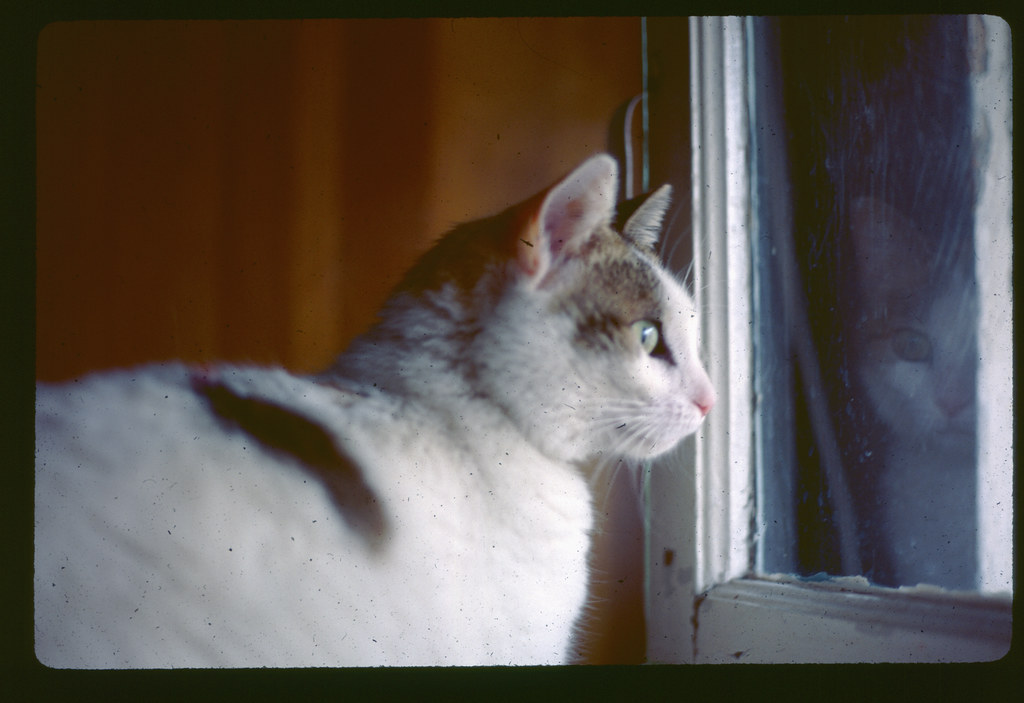
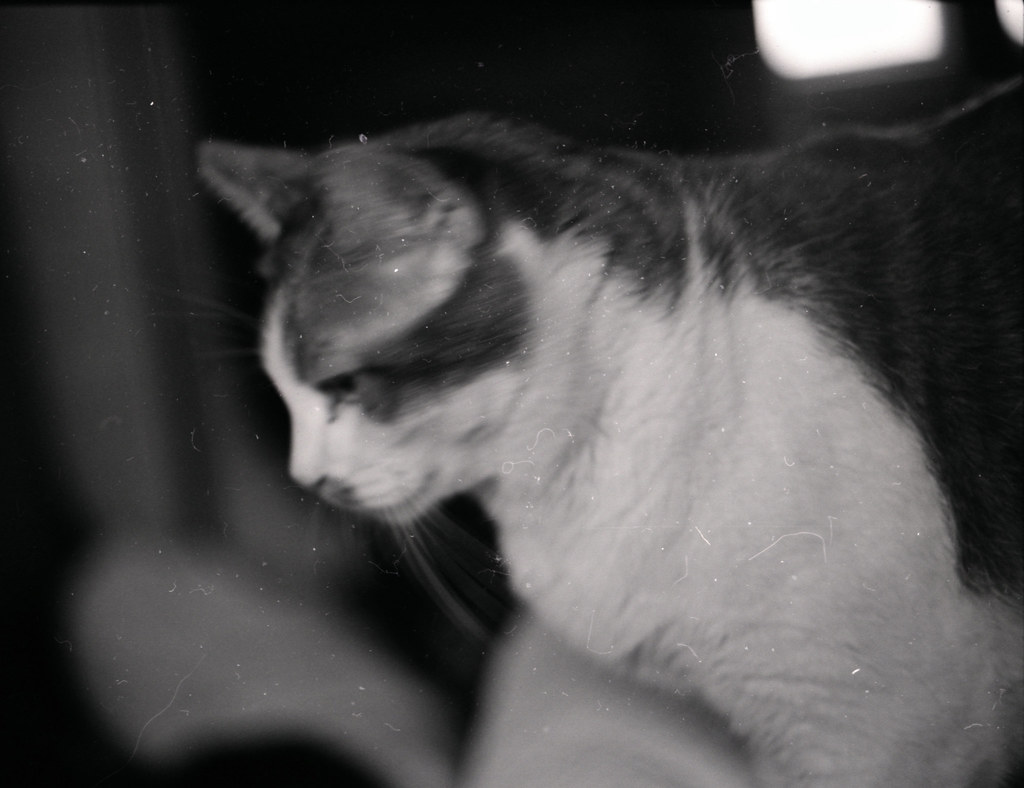
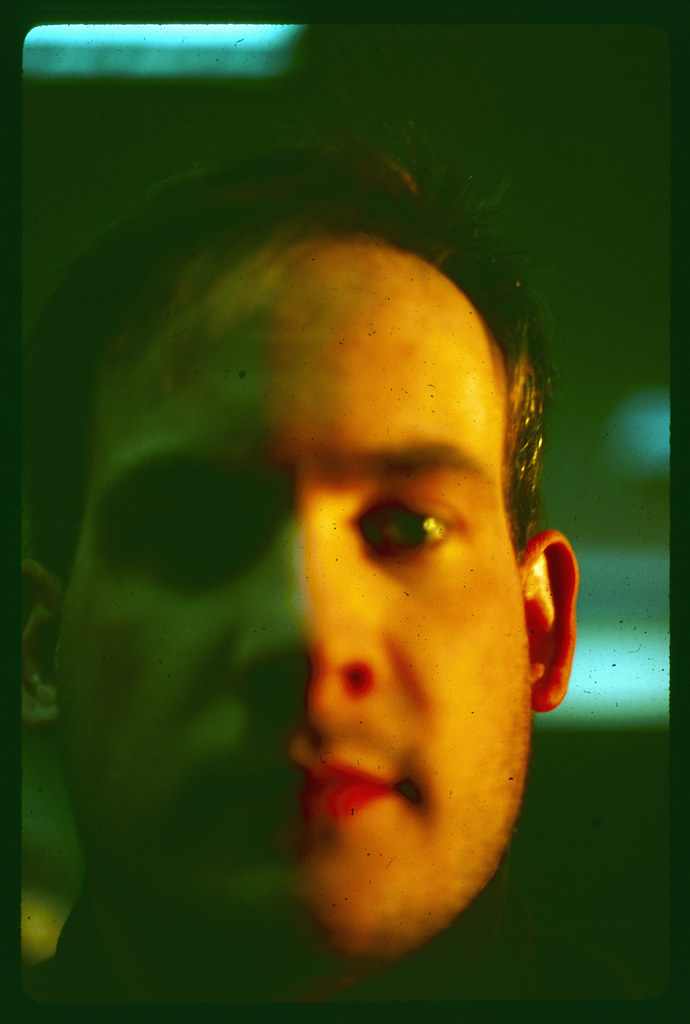

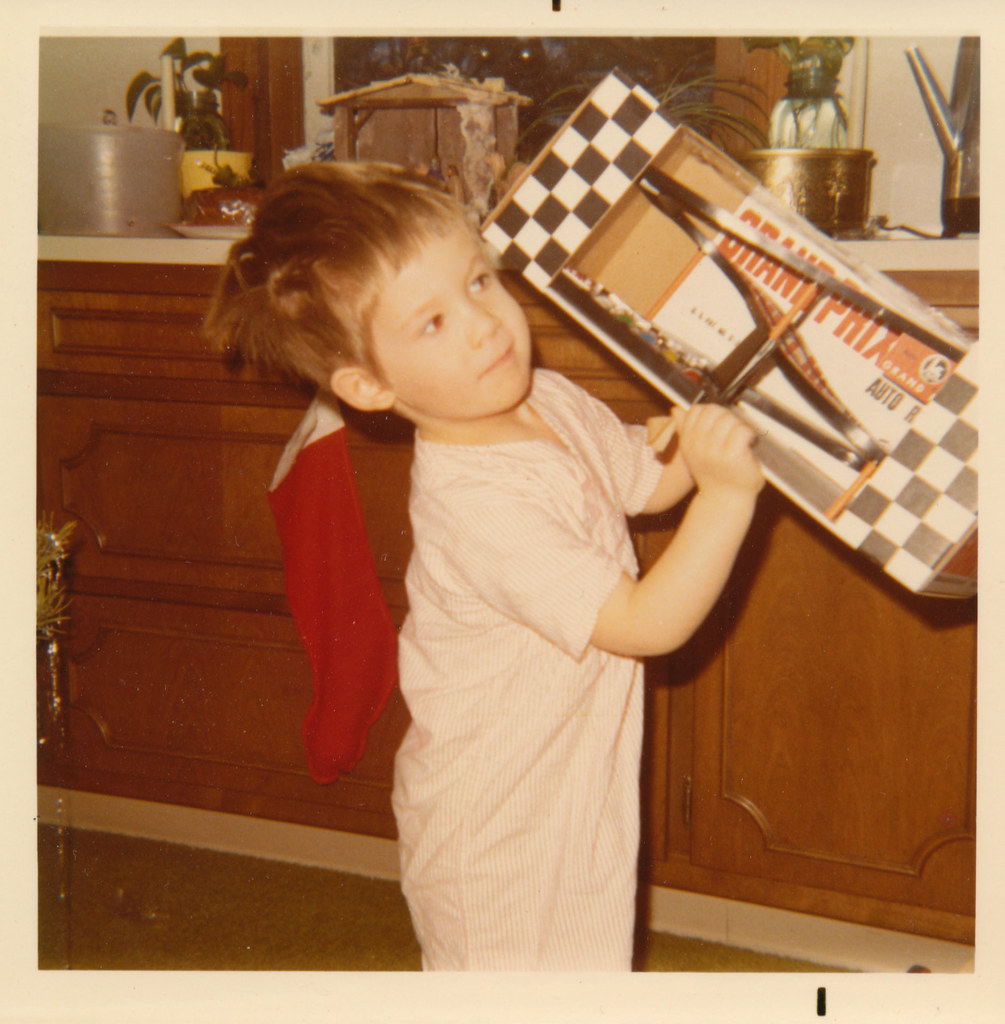
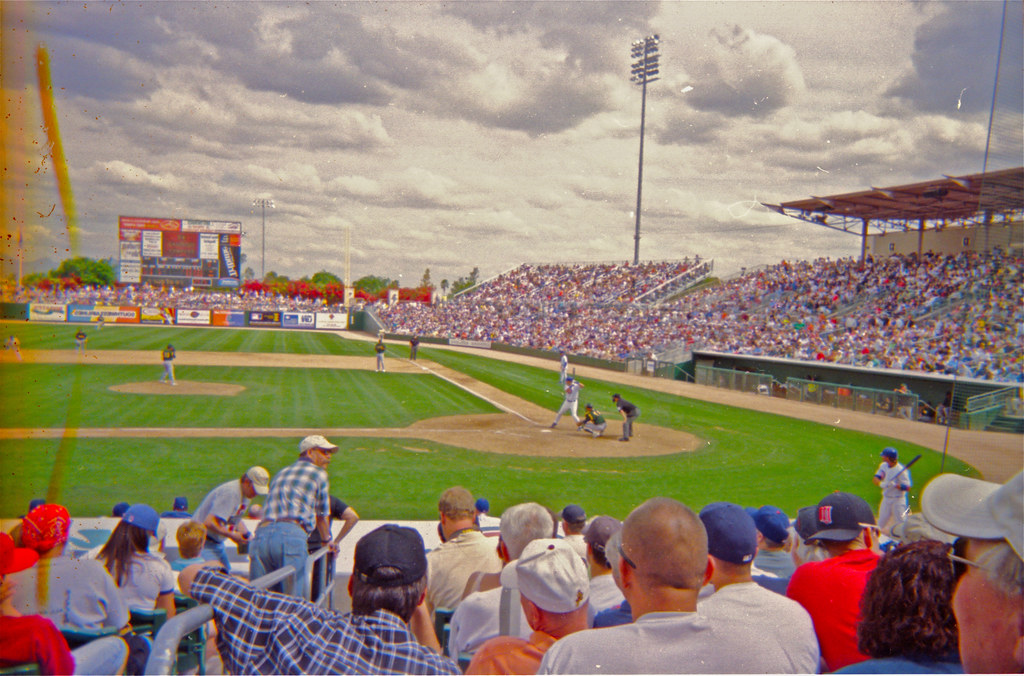



 1
1










also, a mentor of mine while at columbia, eggleston, a master himself said it will take 30 years for digital to make it up to the quality of film...in black & white only!!! theres like 600,000 shades of gray. digital cant process that many yet. digital lovers seriously think a microchip is beating out earth sciences such as light science & chemistry??? no way! ask any physicist or engineer. digi photographers are playing themselves!
also digital is a chink to the human eye. we may not be able to tell consciously, but subconsciously the human eye is drawn closer to an organic pixel (film)than the square pixel(digital). even with a big bad hassel;blad h4d-50, the pixels will always be geometric. many millions of dollars right now, are being spent to figure out how digital can replicate the simple beautiful organic pixels of film. specifically sony.
film rulez! & anyone who knows more about film will produce more beautiful pieces with a combination of film & digital!!